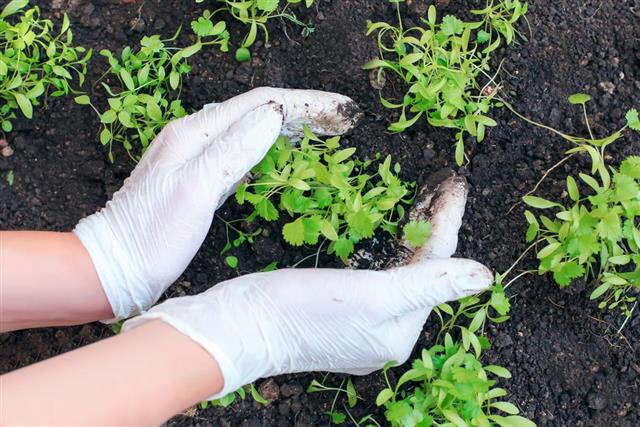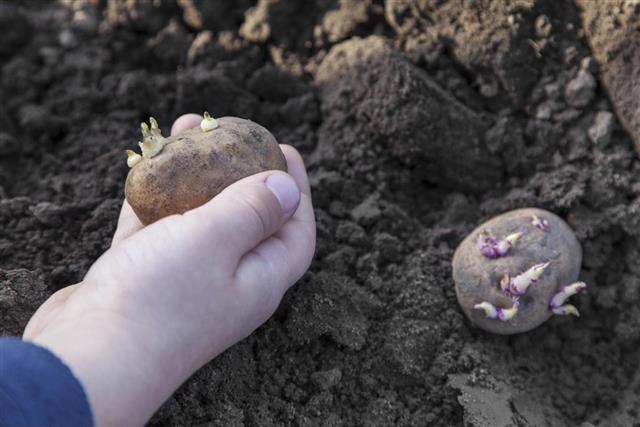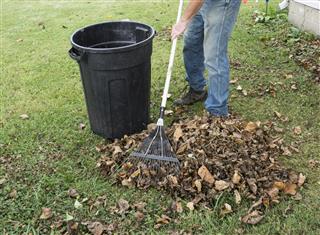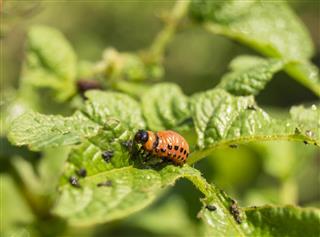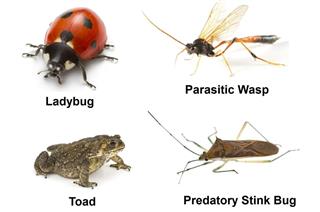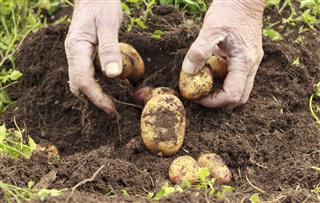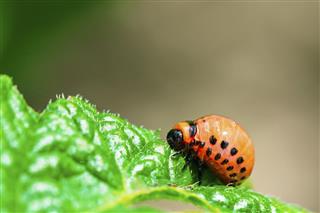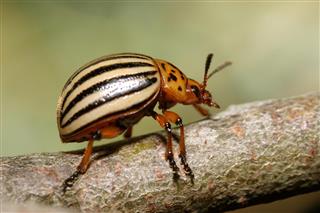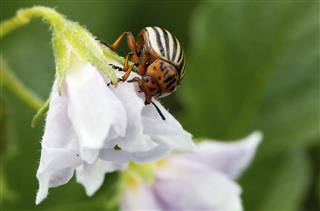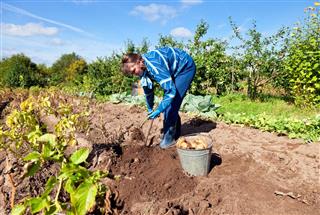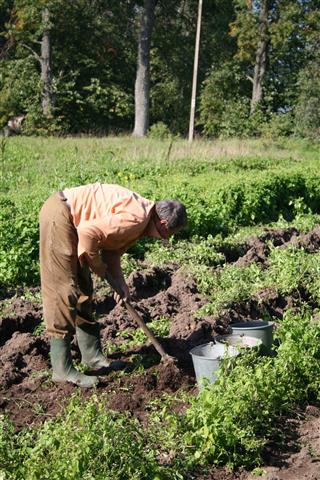
Potato bugs are beetles (Colorado potato beetles) that can cause significant damage to your crops. Here are some tips to get rid of them.
Potato bugs can be a serious threat to your garden; especially for plants, like potatoes and tomatoes. Even though, they are commonly known as potato bugs; in fact, they are Colorado potato beetles (Leptinotarsa decemlineata). Even Jerusalem crickets that belong to the genus Stenopelmatus, are referred to as potato bugs, but they are flightless insects that are neither true crickets nor true bugs. Jerusalem crickets do not feed on plants, and are not considered pests. In short, potato bugs discussed in this article are Colorado potato beetles that are commonly found in some parts of North America, including Colorado and Mexico. You can get rid of potato bugs (Colorado potato beetles) with commercial pesticides or natural remedies.
Potato Bugs – Features
They are beetles that belong to the genus Leptinotarsa in the family Chrysomelidae. They have a body length of around 0.4 inches. This beetle has a yellowish-orange body, with five stripes that run through the length of its elytra. They are among the most common pests of potato crops; but, they feed on tomatoes, eggplants, tobacco, and pepper too. These beetles feed and mate on host plants.
A single female potato bug can lay around 800 eggs in different batches. The eggs are laid on the underside of the leaves. The larvae of these beetles have a humped back and red bodies. The larval stage is spent on the host plants, and the larvae feed on them voraciously. After three to four weeks, they drop themselves to the soil, inside which, they pupate. Within a few weeks, they emerge as adults, and continue their life cycle on the host plants. These beetles have sharp mouth parts for chewing, and cause significant damage to crops.
Tips to Get Rid of Potato Bugs
Potato bugs are found to be resistant to a wide range of pesticides. One of the main reasons cited for this resistance is their prolific feeding. So, potato bug control cannot be achieved with most of the regular pesticides. While some pesticides, like pyrethrins and organo-phosphates are useful in controlling them, it will be better to consult a horticulturist in your area, for more details about use of such chemicals. Apart from that, there are some natural and physical methods for eliminating potato bug infestation.
- In order to control potato bugs, clean the debris from the garden. If there is debris, these bugs can lie dormant during winters and survive the season.
- Even crop rotation is said to be effective to get rid of potato bugs. You may also grow some other crops during the heaviest potato bug infestation period, i.e, May. Make sure to plant some crops that do not attract these bugs. Some people change the location of planting potatoes, year after year.
- You may also opt for alternate planting times. In such cases, either go for those varieties that sprout in June. By June, these bugs may have migrated to some other parts, in search of potato crops. If you go for early potato varieties, the plants will be mature enough in May, to survive these bugs.
- According to some experts, introducing natural predators of potato bugs into the garden may be effective in saving your plants. These predators include ladybugs, predatory stink bugs, parasitic wasps, chickens, toads, spined soldier bugs, and certain types of spiders. A type of pathogenic fungus called Beauveria bassiana is found to infect these bugs, and so commercial formulations with this fungus is used for fighting potato bugs.
- Some people use to plant beans, catnip, coriander, dead nettle, garlic, marigold, flax, horseradish, and tansy, along with potatoes and other crops, as a natural way to get rid of potato bugs. These plants repel these pests from the garden.
- Use of specialized plastic trenches around the garden is found to reduce the number of bugs in your garden. Other methods include proper mulching, use of diatomaceous earth to kill the larvae, and spraying cedar chip tea. Even fish emulsion spray may prove useful to eliminate potato bugs.
You may also handpick these bugs from the plants. If you opt for handpicking, make sure to wear gloves, and take a can of soap water solution, so that you can kill these pests, by dropping them into this solution. Potato bug bites denote bites caused by Jerusalem crickets, and not Colorado potato beetles. Even though potato bug infestation of the house is very uncommon, in such cases, some of the above said methods may help you in getting rid of these bugs.
